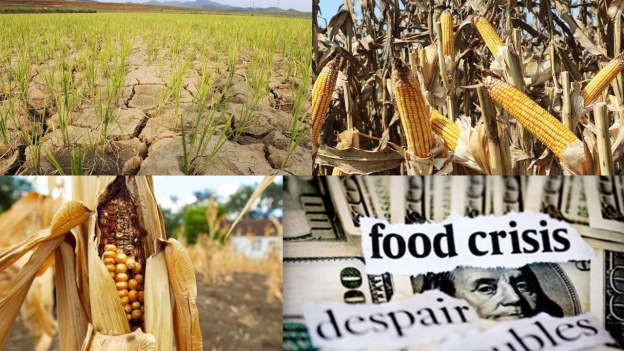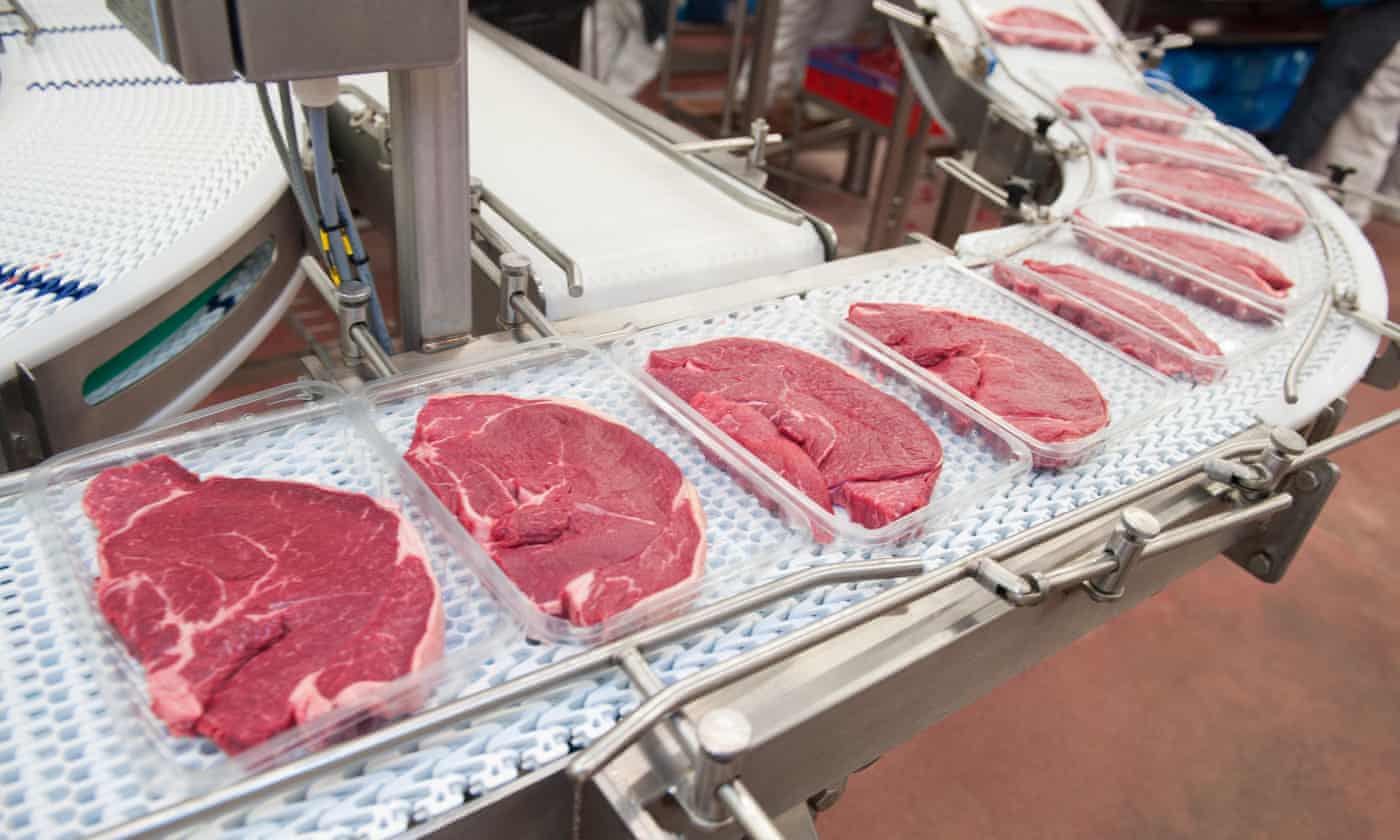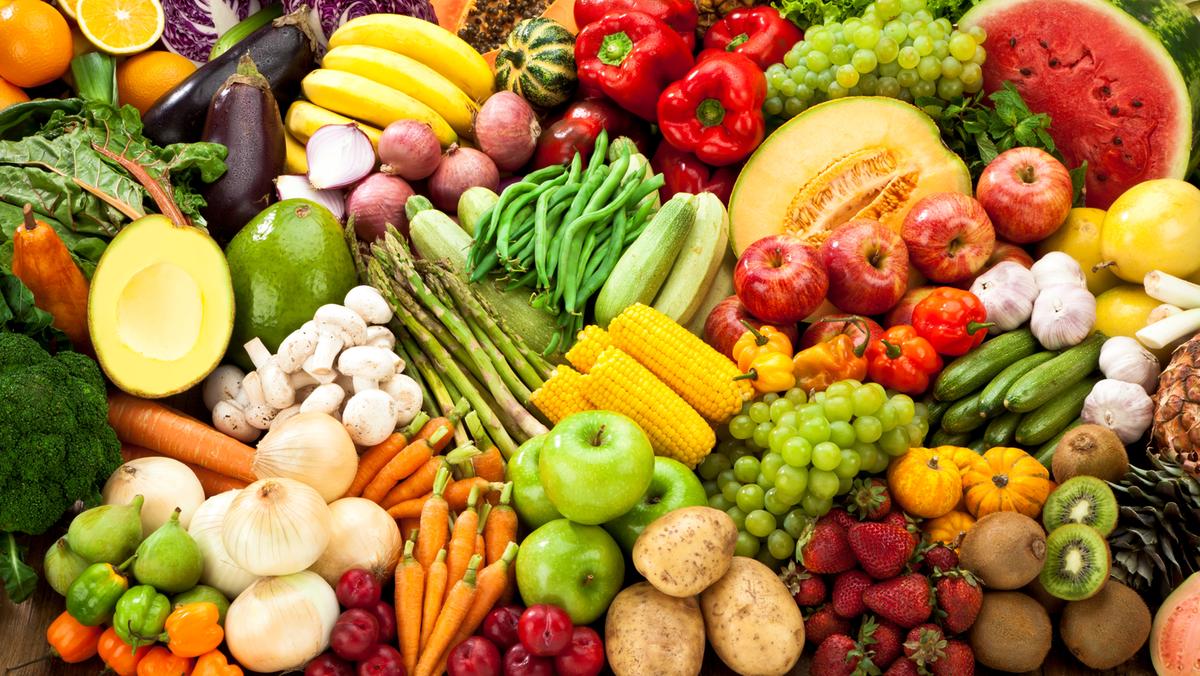According to an extensive research, less consumption of meat is necessary to avoid changes in the climatic conditions. Findings like reduction of eating beef by 90% and substituting with the consumption of beans and pulses by five times along with major changes in farming to increase Earth’s capacity to provide for the entire population in future have been made.
Since the production of food is affecting the environment with greenhouse gases from animals, cutting of trees, and water scarcity along with depletion of mass water bodies, and this might worsen the situation in the future for the population of the world will increase. Therefore, reducing or altogether stopping the consumption of meat and other dairy products is considered to be the only best way to stop it.
This research also states that this path might crush drastic environmental changes which might result in putting the sustaining capability of the planet in danger.

Prof Johan Rockström of the Potsdam Institute for Climate Impact Research says that providing for about 10 billion people can be made possible provided we modify our eating and farming habits.
On Monday, after publishing the landmark report of the United Nations which had the leading scientists around the globe that the possibility and duration to maintain global warming at 1.5C is very less and also exceeding which even by a very small margin can have disastrous effects leading to floods, unbearable heat or drought. It further said that consuming lesser meat and dairy products is mandatory but, the existing food habits are anything but that.
Another published in a popular journal, Nature has advanced and up to date findings on all the countries to examine the effect of production of food on the environment as a whole. It also had suggestions on how to prevent or put the upcoming crisis to a halt.
Springmann says that there is no magic bullet and that change in food habits and technology with respect to farming are necessary and lesser wastage in food and waste can also contribute to that factor. He also says that almost one-third of food made everyday does not get consumed.

The researchers have made a new finding which states that a new diet style called flexitarian can only keep the climatic conditions in check i.e., below 2C or sometimes 1.5C. This new flexitarian diet means that on an average, the whole of the world’s population needs to consume lesser beef to 75%, lesser pork to 90%, and about half of the current consumption of eggs with three times the amount of beans and pulses and four times the percentage of nuts and seeds. This will reduce the release of greenhouse gas from animals by half and a careful and improved usage of fertilisers would further improve the conditions.
In economically forward countries like UK and US, changes in food habits are more important which would require them consume 90% lesser beef, 60% lesser dairy products with the increase in beans and pulses by 4 to 6 times. Whereas, economically backward should consume more meat and milk due to their malnutrition.
Scientists believe that reduction in the intake of meat can happen only with some knowledge, subsidies and taxes for vegetarian and plant only foods and also a change in the menus or schools and certain offices.
To put a stop to cutting off trees and scarcity of water and polluting the environment with the excessive usage of fertilisers, drastic modifications in the practice of farming and agriculture is mandatory, which also comprises of the increase of yield of crops in economically backward nations, scarcity of water on a global level and a better use of manures.
Springmann says that he was rather shocked to find out that to achieve this nearly impossible feat a very positive and ambitious game plan was necessary and that we need to put in our utmost efforts possible.
Springmann also says that a lot of these modifications are already being made in some parts of the world like Netherlands and Israel are improving the usage of manure and water, whereas the younger generation have now decreased their meat intake. But he feels that a change in global level is needed, and it will happen with a little push from upbeat governments. He further added that this people can make this change in food habits and also further persuade their respective governments to make it a regulation to benefit both them and the environment.

Prof Tim Benton of the Leeds University says that we live on a planet with limited resources and it is nearly impossible to think that the final solution to this predicament of providing and consuming unlimited resources is in the hands of technology. He further added that our existing food system has already destabilized the living conditions of the future.
Whereas, from the University of Aberdeen, Prof Peter Smith says that since the choice of eating style is a very personal, it can be difficult to change but it is now evident that to have a stable future, it is essential to modify it and in addition to it, it also will make us healthier.
Source 1: www.theguardian.com
Source 2: science.slashdot.org









